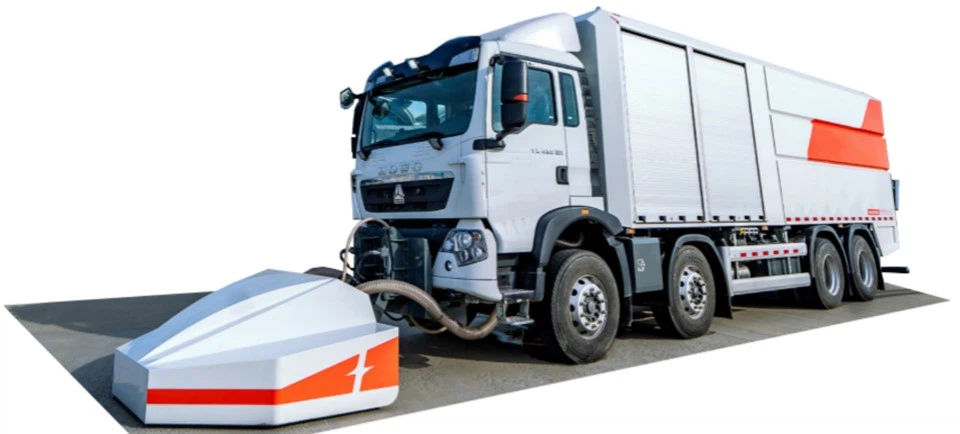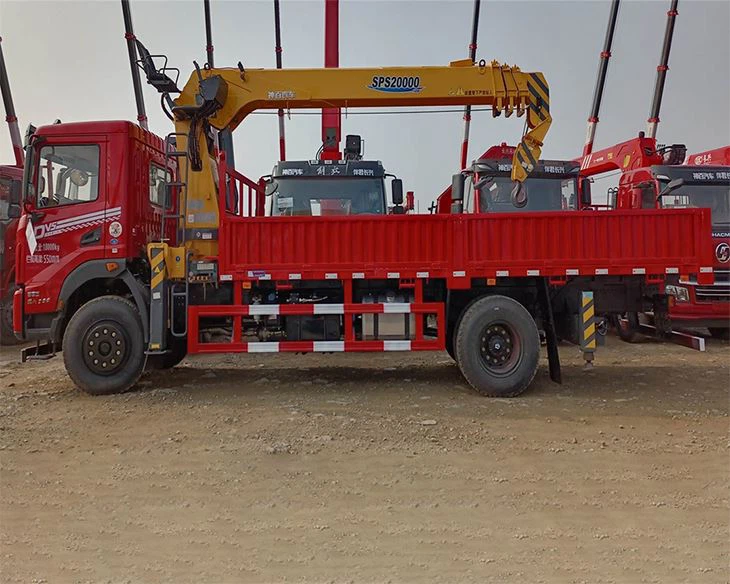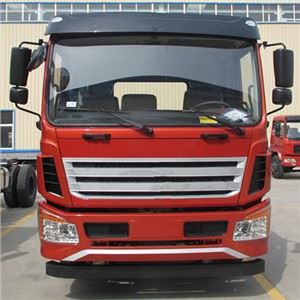Top Water Truck Manufacturers: A Comprehensive Guide

Water trucks are essential vehicles used across various industries, including construction, agriculture, and firefighting. Whether for dust control on construction sites or for distributing water in rural areas, the importance of reliable water trucks cannot be overstated. This article will explore the leading water truck manufacturers, their key offerings, and tips for choosing the right water truck for your needs.
Understanding Water Trucks
Water trucks are primarily designed for hauling and distributing water. They come in different sizes and capacities, depending on the application they are meant for. Typically equipped with a large tank, a water pump, and hoses or spray nozzles, they offer versatility in managing water resources efficiently.
Types of Water Trucks
1. Dust Control Water Trucks
These trucks are primarily used in construction and mining to control dust at job sites. They spray a fine mist or a large volume of water to keep dust particles down, ensuring safety and visibility.
2. Firefighting Water Trucks
Firefighting trucks are equipped with powerful pumps and hoses that can spray water over large distances. Used to suppress fires in remote locations, these are crucial for protecting both people and property.
3. Agricultural Water Trucks
In agriculture, water trucks distribute water for irrigation or watering livestock. Their tanks are usually fitted with special systems to allow for even distribution over crops and fields.
4. Utility Water Trucks
Utility trucks are used for various purposes, including road cleaning, street maintenance, and providing potable water. These versatile trucks can adapt to different tasks as required.
Key Features of Water Trucks
| Feature | Description |
|---|---|
| Tank Capacity | Range from 1,000 to 4,000 gallons or more, depending on the application. |
| Pump Capacity | The efficiency of the pump, typically measured in gallons per minute (GPM). |
| Material | Common materials include steel and polyethylene, affecting durability and weight. |
| Spray Nozzle | Variety of designs for different spray patterns and distances. |
| Chassis Type | Availability of different chassis to cater to various vehicle capacities from light to heavy-duty. |
Leading Water Truck Manufacturers
Numerous manufacturers are competing in the water truck market, each offering unique features and advantages. The following are some of the top water truck manufacturers.
1. Freightliner
Freightliner is a leading manufacturer known for its reliable and durable trucks. Their water trucks come with customizable tanks and advanced pump systems.
2. Peterbilt
Peterbilt offers a range of options for water trucks that are built for heavy-duty applications. Their models are known for comfort and high performance on the road.
3. Kenworth
Kenworth provides versatile water truck solutions with strong engines and efficient fuel consumption, making them ideal for both short and long hauls.
4. Hino
Hino trucks are recognized for their reliability and excellent customer service. Their water trucks are often chosen for their excellent fuel efficiency.
5. International
International’s water trucks combine innovation with ruggedness, catering to various industries. Their commitment to sustainable practices makes them popular among eco-conscious buyers.
6. Mack Trucks
Mack Trucks are synonymous with strength and endurance, providing some of the most robust water truck solutions with a focus on operator comfort.
Choosing the Right Water Truck: Factors to Consider
When selecting a water truck, you must consider several factors to ensure you get a vehicle that meets your specific needs.
1. Application
Understanding the primary use of the water truck will guide your selection process. Whether for construction, agriculture, or firefighting, different models are designed for distinct applications.
2. Tank Size and Capacity
The required tank size depends on how much water you’ll be transporting. Larger capacities mean fewer trips but may limit maneuverability in tight spaces.
3. Pump Efficiency
Look for trucks with high pumping capacity rates measured in GPM. The pump should allow for quick filling and effective distribution of water.
4. Chassis and Vehicle Size
Your choice of chassis size affects off-road performance, fuel efficiency, and ease of operation in various environments.
5. Maintenance and Support

Check the manufacturer’s reputation for maintenance services and parts availability. Good post-purchase support is crucial to minimize downtime.
6. Budget
Prices for water trucks can vary significantly based on features, size, and brand. Determine your budget and consider additional costs like insurance, maintenance, and operational expenses.
Practical Examples of Water Truck Applications
1. Dust Suppression on Construction Sites
Contractors often use water trucks to keep dust under control, ensuring safer working conditions. For example, a construction company may deploy a 3,000-gallon water truck to regularly dampen roads and materials.
2. Firefighting in Remote Areas
Firefighting water trucks can reach areas without hydrants. For instance, a fire department may use a water truck with a 750 GPM pump to combat wildfires in forested areas.
3. Irrigation in Agriculture
Farmers use water trucks to deliver water to crops during dry spells. A 2,500-gallon tank with multiple hoses can adequately distribute water across a large field.
Tips for Maintaining Your Water Truck
1. Regularly Check Fluid Levels

Consistently monitor engine oil, coolant, and hydraulic fluid levels to ensure optimal performance.
2. Inspect the Tank and Pump
Periodically examine the water tank for leaks and the pump for effective operation. Preventative checks reduce the risk of downtime.
3. Clean the Tank
It’s essential to clean the water tank regularly to prevent contamination, especially if the truck is used for potable water.

4. Maintain the Chassis
Routine maintenance of the chassis helps in prolonging the lifespan of the truck. Keep the brakes, tires, and lights in excellent condition.
Frequently Asked Questions (FAQs)
1. What is the average lifespan of a water truck?
The average lifespan of a water truck can range from 10 to 20 years, depending on usage and maintenance practices.
2. How often should I service my water truck?
Routine service checks should be done every 5,000 miles or as recommended by the manufacturer to ensure optimal performance.
3. Can water trucks be used for other liquids?
While primarily designed for water, some water trucks can be adapted to transport other liquids, but this requires modifications to the tank and pumps.
4. What are the licensing requirements for operating a water truck?
Licensing requirements vary by region, so it’s essential to check local regulations regarding the use of water trucks for commercial purposes.
5. Are there environmentally friendly options available?
Yes, some manufacturers offer eco-friendly water trucks that utilize alternative fuels and advanced technology to reduce emissions.
6. What factors affect the cost of a water truck?
The cost can be influenced by size, features, materials, and manufacturer. Additional factors include maintenance and operational costs over time.
